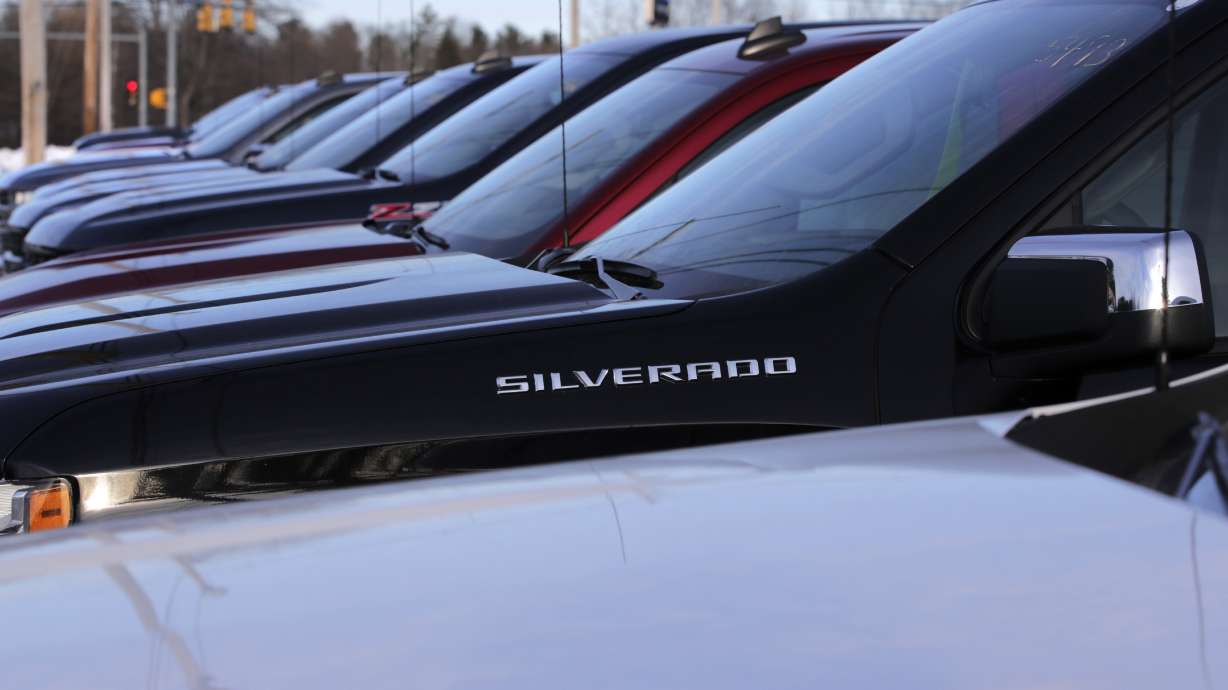Estimated read time: 2-3 minutes
This archived news story is available only for your personal, non-commercial use. Information in the story may be outdated or superseded by additional information. Reading or replaying the story in its archived form does not constitute a republication of the story.
WASHINGTON (AP) — U.S. consumer spending slowed in December as Americans spent more on prescription drugs and health care services but those gains did not offset a sharp slowdown in spending on new cars.
The Commerce Department said Friday that consumer spending rose a moderate 0.3% after a stronger 0.4% gain in November. Income growth also slowed in December, rising by 0.2%, just half the 0.4% increase in November.
Inflation as measured by a price gauge preferred by the Federal Reserve was up 0.3% in December compared to a 0.1% November increase.
However, for the full year, prices rose just 1.6%, well below the Fed’s 2% target. The modest inflation readings gave the Fed the leeway last year to cut its benchmark interest rate three times to protect the economy from a global slowdown and manufacturing disruptions caused by the U.S.-China trade war.
Consumer spending is closely watched because it accounts for 70% of economic activity. The economy, as measured by the gross domestic product, grew at a 2.1% annual rate in the fourth quarter, matching the GDP performance in the third quarter. Consumer spending increase at a 1.8% rate after six months of much bigger gains.
Despite the fourth quarter slowdown, economists believe consumer spending will remain a fundamental driver of the U.S. economy, boosted by a strong labor market which has pushed unemployment to a 50-year low and boosted incomes.
For the year, the GDP grew by 2.3%, a sharp drop from 2.9% GDP growth in 2018, which had been the fastest pace since a similar gain in 2015.
Economists look for more slowing this year as the boost from the 2017 tax cuts fade further but they do not expect a recession this year, in large part because a ceasefire in the U.S.-China trade conflict has improved the outlook for business investment.
For December, spending on durable goods such as cars fell by 0.8% while spending on nondurable goods such as food rose by 0.9%. Much of that increase reflected a big jump in spending on prescription drugs.
Services were up 0.3% with a big factor in that increase a rise in spending on health services.
The various changes left the personal saving rate at 8% of after-tax income in December, up from 7.7% in November.
Copyright © The Associated Press. All rights reserved. This material may not be published, broadcast, rewritten or redistributed.








